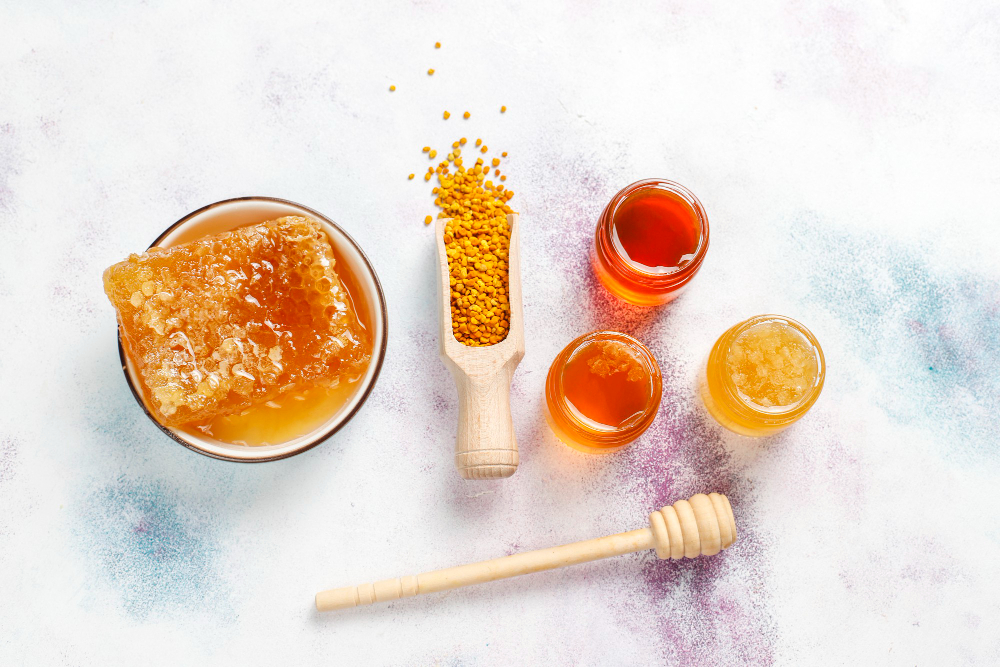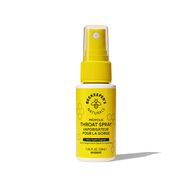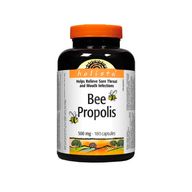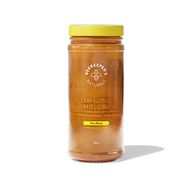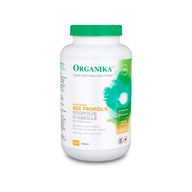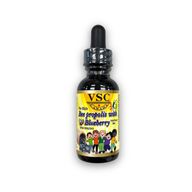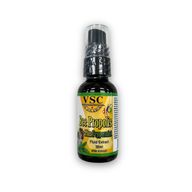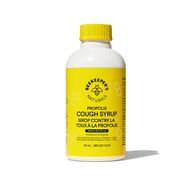Bee Propolis: The Natural Healer
Bee propolis, also known as ‘bee glue’, is a natural substance produced by honeybees. The bees use it to seal and protect their hives from bacteria, viruses, and other harmful invaders. But did you know that bee propolis has been used for thousands of years by humans for its medicinal properties? In this blog post, we’ll explore the benefits of bee propolis and how it can improve your health.
What is Bee Propolis?
Bee propolis is a resin-like substance produced by honeybees from tree buds, sap flows, or other botanical sources. The bees mix the resin with beeswax, pollen, and enzymes to create a sticky substance that they use to protect their hives from pathogens and other harmful microorganisms.
Bee propolis contains more than 300 active compounds, including flavonoids, terpenes, phenolic acids, and enzymes. These compounds work together to provide a wide range of health benefits, making bee propolis a popular natural remedy for various ailments.
Benefits of Bee Propolis
1. Boosts Immune System
Bee propolis has powerful antibacterial, antiviral, and anti-inflammatory properties that can boost your immune system and protect you from infections. Studies have shown that bee propolis can stimulate the production of white blood cells, which are essential for fighting off pathogens and preventing diseases.
A study published in Biomed Pharmacother concluded that propolis may promote immunoregulation of pro-inflammatory cytokines, which could reduce the risk of cytokine storm syndrome, a major factor in COVID-19 mortality. Propolis has also shown potential as an aid in treating comorbidities that are particularly dangerous in COVID-19 patients, such as respiratory diseases, hypertension, diabetes, and cancer.
2. Reduces Inflammation
Inflammation is a natural response of your body to injury or infection, but chronic inflammation can lead to various health problems such as arthritis, heart disease, and cancer. Bee propolis contains compounds that can reduce inflammation and protect your body from the harmful effects of oxidative stress.
The bioactive chemical constituents in bee propolis, like polyphenols, have been shown to decrease the production of pro-inflammatory cytokines such as TNF-α, IL-1β, IL-6, Il-2, and Il-7, as well as reduce the production of reactive oxygen species (ROS). A clinical study demonstrated that bee propolis supplementation can improve the immune response in elderly individuals by increasing the production of cytokines and enhancing T cell proliferation.
3. Heal Wounds
Bee propolis has been used for centuries to promote wound healing. Its antibacterial, antimycotic, antiseptic and astringent properties can help prevent infections and reduce inflammation, while its antioxidants can promote tissue regeneration and accelerate the healing process.
According to research, propolis has been found to accelerate the healing process of burned tissue by promoting the remodeling of the wound bed matrix. This effect may be attributed to the flavonoids present in propolis, which are known to reduce lipid peroxidation and prevent cell necrosis, leading to changes in extracellular matrix content.
How to Use Bee Propolis
1. Capsules
Bee propolis capsules are a convenient way to consume bee propolis. Follow the instructions on the label for the recommended dosage.
2. Tinctures
Bee propolis tinctures are made by extracting the active compounds of bee propolis using alcohol or glycerin. They can be taken orally or applied topically.
3. Spray
Bee propilis spray is easy to carry in your bag, and can provide everyday support to immune system and soothe sore throat conditions.
Side Effects and Precautions
Bee propolis is generally safe for most people when used in recommended doses. However, some people may experience allergic reactions, especially if they are allergic to bee products. Symptoms of an allergic reaction may include itching, swelling, and difficulty breathing.
References:
Wagh V. D. (2013). Propolis: a wonder bees product and its pharmacological potentials. Advances in pharmacological sciences, 2013, 308249. https://doi.org/10.1155/2013/308249
Carvalho, A. A. d., Ferreira, J. P., Batista, B. L., de Oliveira, G. A., Pimentel, M. F., & Campelo, P. H. (2020). Propolis and its potential against SARS-CoV-2 infection mechanisms and COVID-19 disease. Biomolecules, 10(3), 407.
El-Seedi, H. R., Eid, N., Abd El-Wahed, A. A., Rateb, M. E., Afifi, H. S., Algethami, A. F., Zhao, C., Al Naggar, Y., Alsharif, S. M., Tahir, H. E., Xu, B., Wang, K., & Khalifa, S. A. M. (2022). Honey Bee Products: Preclinical and Clinical Studies of Their Anti-inflammatory and Immunomodulatory Properties. Frontiers in nutrition, 8, 761267. https://doi.org/10.3389/fnut.2021.761267
Martinotti, S., & Ranzato, E. (2015). Propolis: a new frontier for wound healing?. Burns & trauma, 3, 9. https://doi.org/10.1186/s41038-015-0010-z
